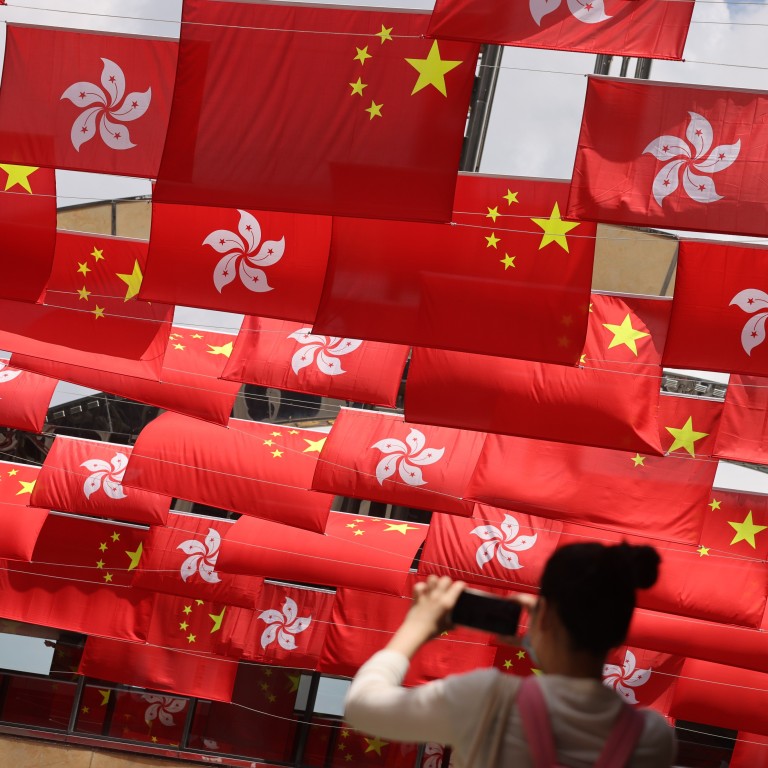
Letters | 25th handover bash: A chance for Beijing to engage Hong Kong’s youth, tomorrow’s leaders
- Beijing could offer internships and jobs at its offices in Hong Kong to give a taste of how the central government works, which will help reduce suspicion and forge understanding
There is a role here for the central authorities to engage youth in Hong Kong.
The 25th anniversary of Hong Kong’s return to Chinese sovereignty would be the perfect occasion for Hong Kong to conduct a thorough midterm evaluation of “one country, two systems”. For the past 25 years, Hong Kong has lived through all sorts of highs and lows, particularly with respect to political development and democratisation. However, I am confident that one country, two systems would be upheld.
If Beijing wishes to better integrate Hong Kong into the national development strategy, the central government should reach out more actively to Hong Kong’s youth, who will one day be in charge of the city’s destiny. One way is to give youngsters a taste of how the central government works by launching internships and jobs for Hong Kong university students and graduate shadowing programmes at central government ministries. The operations of these departments, including the Hong Kong and Macau Affairs Office and the central government’s liaison office in Hong Kong, are relatively unknown to most Hong Kong people, which in turn fuels suspicion and conspiracy theories about Beijing.
Once the pandemic eases, mainland offices in Hong Kong should also consider taking a more active approach to their public outreach, such as by introducing guided visits for students.
The above measures would not only enhance the central government’s public visibility, but also provide a pathway for aspirants to join the ranks of the nation’s civil service and the People’s Liberation Army.
Anfield Tam, Quarry Bay

